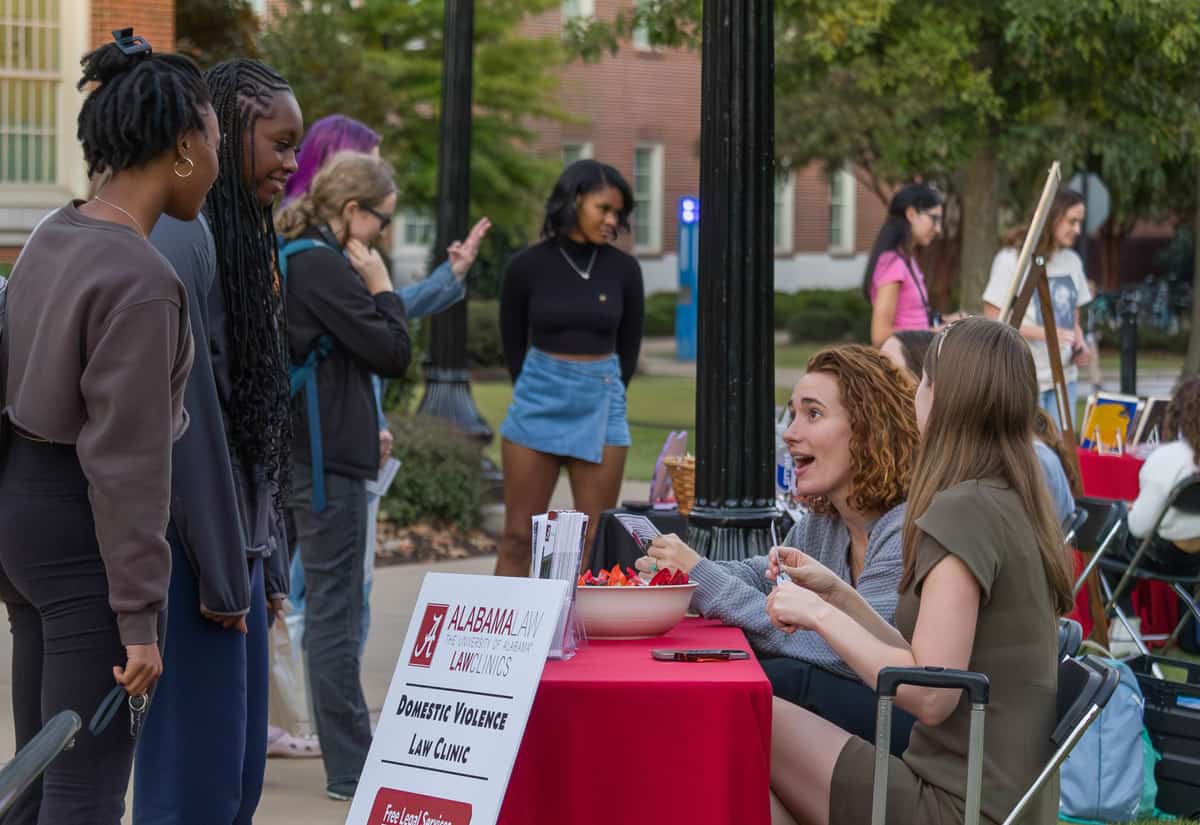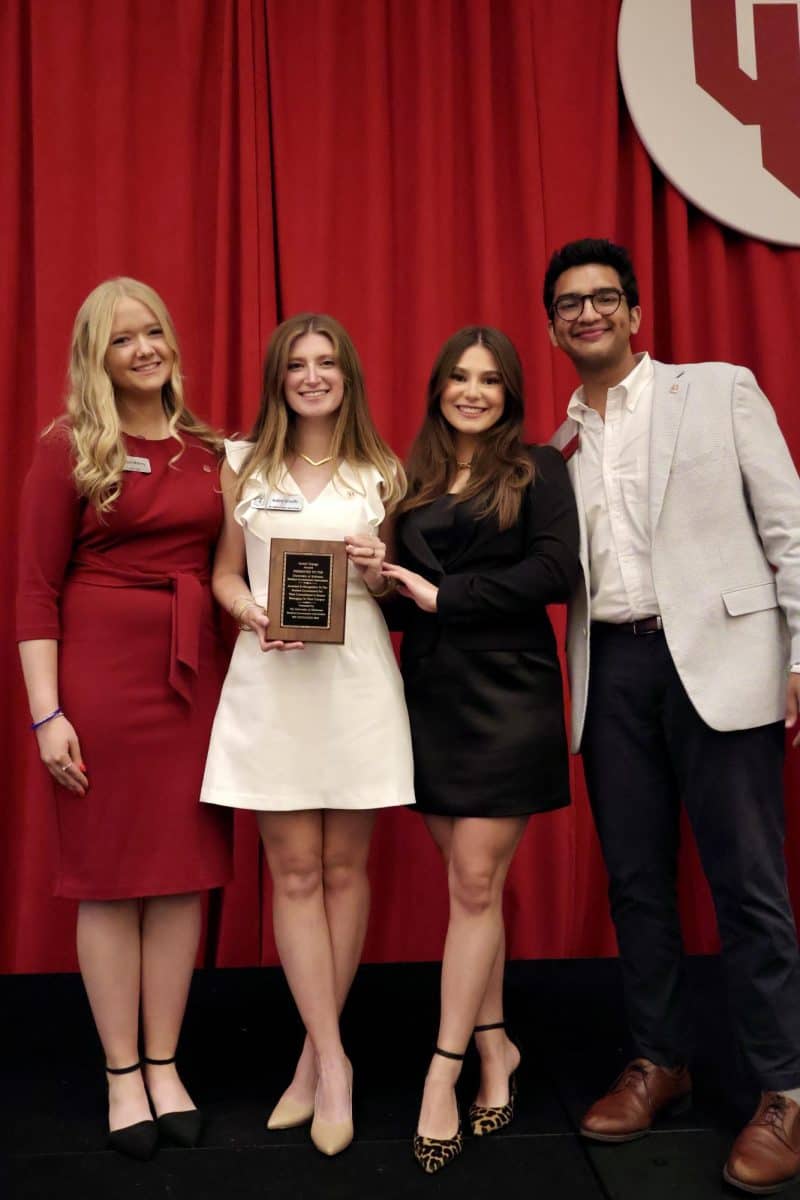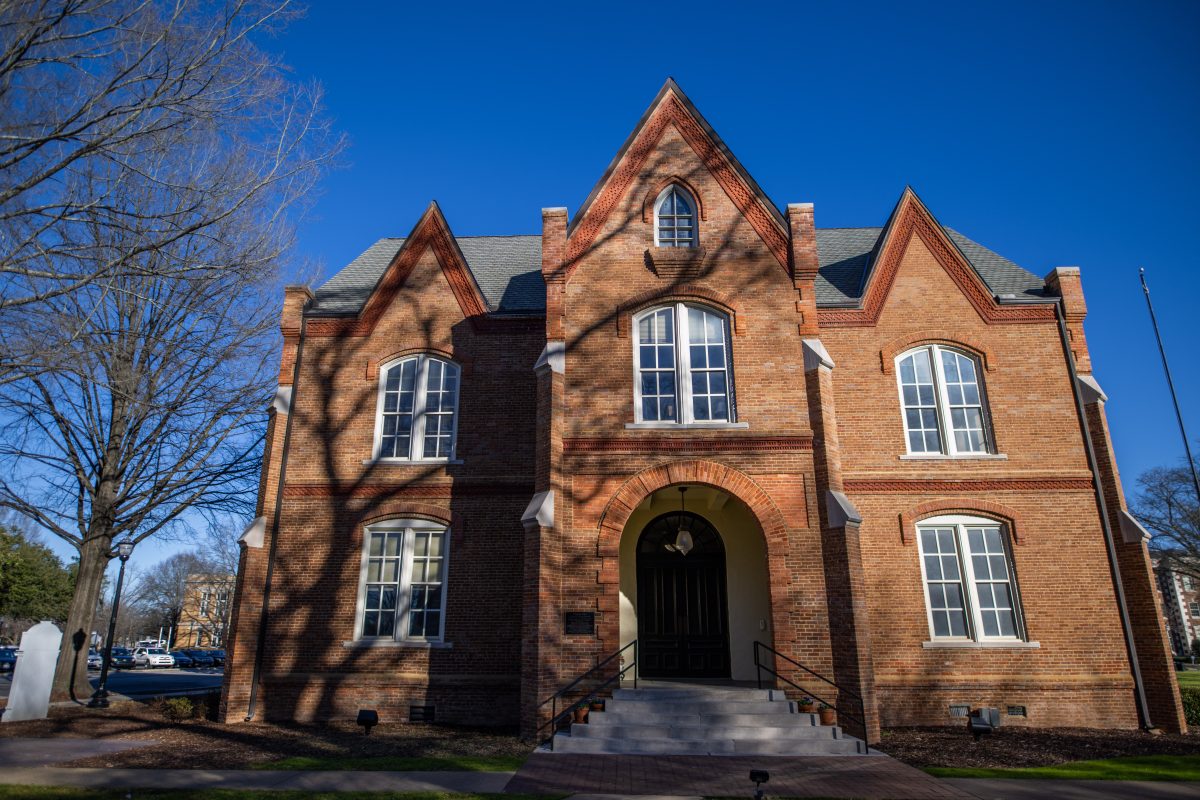Editor’s note (04/02/2024): This story was updated to reflect a date change made by the Women and Gender Resource Center. Due to expected severe weather, the Take Back the Night event has been moved from April 2 in front of Gorgas Library to the Great Hall in The University of Alabama Student Center on April 16. The time of the event has not changed.
The Women and Gender Resource Center will hold its annual Take Back the Night event at the University on April 16 at the Great Hall in The University of Alabama Student Center from 6:30 p.m. to 8 p.m.
The organization is partnering with University Programs and the Tuscaloosa Safe Center to host a rally, march, speeches, chanting and a candlelight vigil.
Take Back the Night Foundation is an international nonprofit event organized to help end sexual, relationship and domestic violence. Although it doesn’t have an explicit partnership with the University, its website contains guidelines and resources to help with events like the WGRC’s.
The first documented TBTN events took place in the 1970s, including a 1975 rally in Philadelphia in response to the stabbing of microbiologist Susan Alexander Speeth. Events in other locations followed soon after.
In 2001, the foundation was created by a group of women who were a part of some of the earliest TBTN events. TBTN is completely volunteer-based, and people can contact its National Sexual Assault Legal Hotline by calling 567-SHATTER (567-742-8837) or filling out a hotline form.
The national organization says its goal is to “unite people from every background, belief, and culture around the world to take a visible and vocal stand.”
Jessica Ross Romine, program coordinator for the WGRC, said that this is the 32nd year the WGRC will host the TBTN event.
“Students, if they would like to participate, can go around the Quad chanting that they’re taking back the night, that we’re not going to allow sexual assault on the University of Alabama’s campus or any campus,” Romine said.
For the first time this year, the event will include luminaries, which attendees can purchase for $3. The luminaries will be displayed to light up the march area.
The WGRC has been making blankets for the Tuscaloosa Safe Center so that individuals who come in for their first medical examination can get one as a gift.
WGRC has also been making bracelets with encouraging messages on them for the Safe Center.
Romine said that the center typically likes to aim for 100 to 150 attendees but is expecting more this year. She also said that Greek points will be available.
Amy Tilton is the assistant director of Take Back the Night Foundation.
“This work of sexual violence awareness, prevention, and survivor support is critical on college campuses so the entire community is empowered to speak up and take a stand against all forms of sexual violence,” Tilton wrote in an email.
Along with the event at the University, Tilton said that there are many ways for students to get involved, including joining a free online global virtual event on April 25, volunteering with the foundation, donating, designing a T-shirt, or even applying to speak at an event.
Tilton said that TBTN events are held year-round, adding that several events take place in April and October.
University Programs will be supporting the event through financial assistance.
Brenda Maddox, the executive director of the Tuscaloosa Safe Center, said that despite the misconception that interpersonal violence only affects women, it is an issue that affects everyone.
“It is a form of violence that knows no boundaries. Males are victims, all races are victims, all ages are victims, transgender populations are especially vulnerable (50% in their lifetime), all socioeconomic and religious populations are vulnerable,” Maddox wrote in an email.
Maddox also wrote that the Safe Center is supporting the event and the WGRC because 50% of the people it serves are students at the University.
The Safe Center provides forensic exams, advocacy to assist with reporting to law enforcement, follow-up care, therapy like eye movement desensitization and reprocessing, and even pet assisted therapy, Maddox said.
Speakers from the WGRC and the Tuscaloosa Safe Center will be in attendance at the April 2 event.







